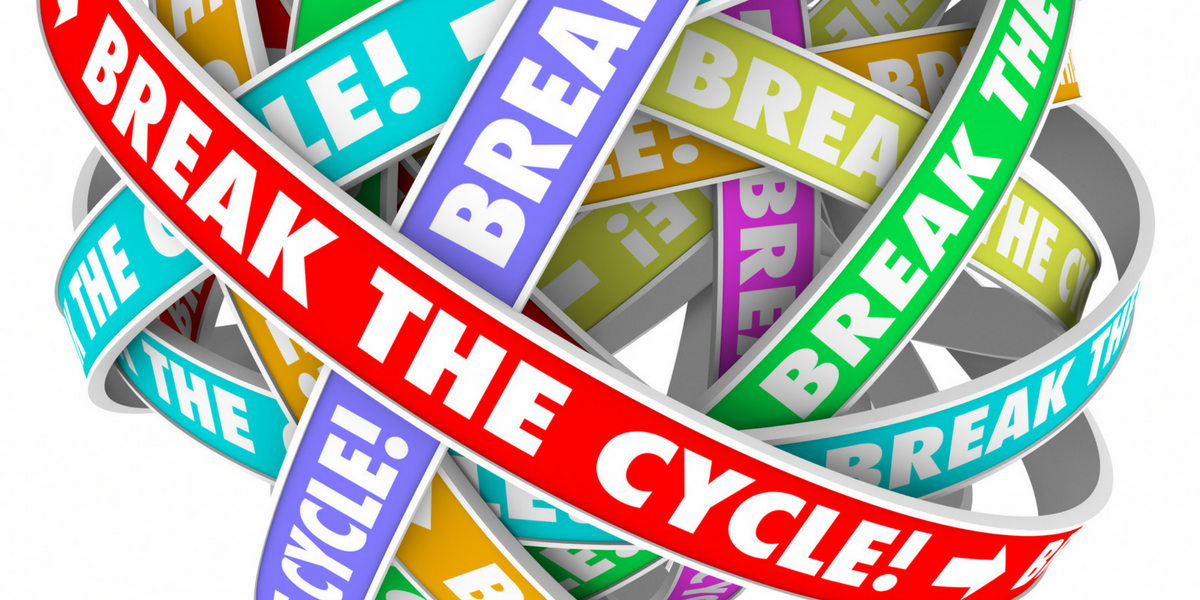Addiction is a relentless cycle that traps individuals in a pattern of substance abuse, withdrawal, and relapse. Breaking free from this cycle is not just about quitting drugs or alcohol—it requires a deep, transformative healing process. Residential rehabilitation provides a structured and supportive environment that fosters long-term recovery, offering individuals the tools they need to reclaim their lives.
A Safe and Structured Environment
One of the most significant benefits of residential rehabilitation is the safe and structured setting it provides. Addiction thrives in chaotic and unstable environments, often fueled by toxic relationships, stressful situations, and easy access to substances. Residential rehab removes individuals from these triggers, allowing them to focus entirely on their recovery without external distractions or temptations.
In a residential facility, individuals follow a carefully designed routine that includes therapy sessions, wellness activities, and personal reflection time. This structure helps replace the unpredictability of addiction with stability, reinforcing healthy habits that support long-term sobriety.
Comprehensive, Individualized Treatment
Addiction is a complex disease with psychological, emotional, and physical components. Residential rehab offers comprehensive, personalized treatment plans that address the unique needs of each individual. These treatment plans typically include:
- Detoxification: A medically supervised process to safely remove substances from the body.
- Therapy and Counseling: Individual, group, and family therapy sessions help uncover the root causes of addiction and develop coping strategies.
- Holistic Approaches: Many programs incorporate mindfulness, yoga, nutrition, and exercise to promote overall well-being.
By addressing addiction from multiple angles, residential rehab ensures that individuals receive well-rounded care tailored to their specific struggles.
24/7 Support from Professionals and Peers
Recovery is not a solitary journey. Residential rehab provides constant access to medical professionals, therapists, and support staff who are trained to handle the challenges of addiction recovery. This 24/7 support is especially crucial in the early stages of sobriety when cravings and withdrawal symptoms are at their peak.
Additionally, individuals in rehab benefit from a strong peer support system. Living alongside others who share similar experiences fosters a sense of community, encouragement, and accountability. Group therapy sessions and peer interactions help individuals realize they are not alone, reducing feelings of isolation and shame.
Developing Coping Skills and Relapse Prevention Strategies
One of the main reasons residential rehab is so effective is its emphasis on relapse prevention. Many individuals struggle to maintain sobriety after treatment because they lack the tools to cope with stress, triggers, and cravings. In rehab, individuals learn:
- Healthy coping mechanisms to replace substance use.
- Cognitive-behavioral strategies to recognize and manage triggers.
- Relapse prevention plans to stay on track after leaving rehab.
These skills are crucial for maintaining long-term recovery and preventing a return to old habits.
A Foundation for a New Life
Residential rehabilitation is not just about quitting drugs or alcohol—it’s about creating a new, fulfilling life. By providing structure, support, and comprehensive treatment, rehab programs help individuals break the cycle of addiction and build a foundation for lasting recovery.
For those trapped in the cycle of substance abuse, residential rehab offers a way out—a chance to heal, grow, and embrace a future free from addiction.
